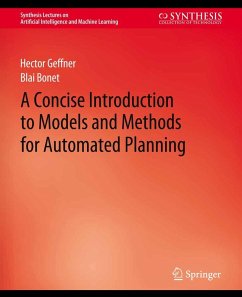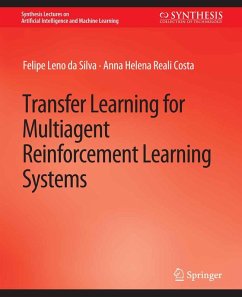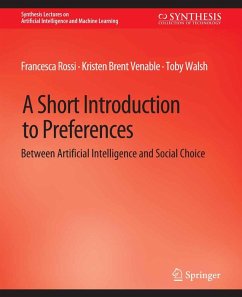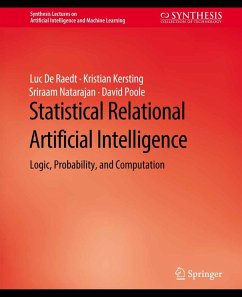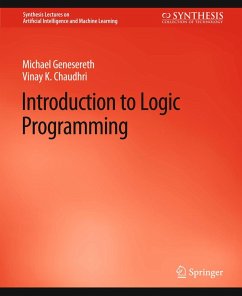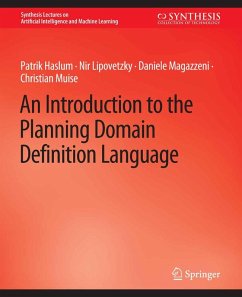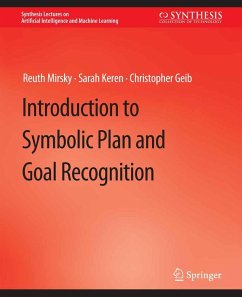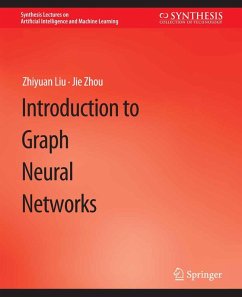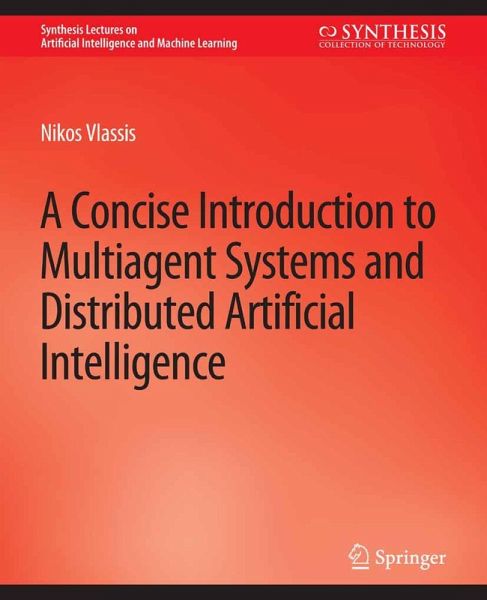
A Concise Introduction to Multiagent Systems and Distributed Artificial Intelligence (eBook, PDF)
Sofort per Download lieferbar
Statt: 35,30 €**
26,95 €
inkl. MwSt.
**Preis der gedruckten Ausgabe (Broschiertes Buch)
Weitere Ausgaben:

PAYBACK Punkte
13 °P sammeln!
Multiagent systems is an expanding field that blends classical fields like game theory and decentralized control with modern fields like computer science and machine learning. This monograph provides a concise introduction to the subject, covering the theoretical foundations as well as more recent developments in a coherent and readable manner. The text is centered on the concept of an agent as decision maker. Chapter 1 is a short introduction to the field of multiagent systems. Chapter 2 covers the basic theory of singleagent decision making under uncertainty. Chapter 3 is a brief introductio...
Multiagent systems is an expanding field that blends classical fields like game theory and decentralized control with modern fields like computer science and machine learning. This monograph provides a concise introduction to the subject, covering the theoretical foundations as well as more recent developments in a coherent and readable manner. The text is centered on the concept of an agent as decision maker. Chapter 1 is a short introduction to the field of multiagent systems. Chapter 2 covers the basic theory of singleagent decision making under uncertainty. Chapter 3 is a brief introduction to game theory, explaining classical concepts like Nash equilibrium. Chapter 4 deals with the fundamental problem of coordinating a team of collaborative agents. Chapter 5 studies the problem of multiagent reasoning and decision making under partial observability. Chapter 6 focuses on the design of protocols that are stable against manipulations by self-interested agents. Chapter 7 provides a short introduction to the rapidly expanding field of multiagent reinforcement learning. The material can be used for teaching a half-semester course on multiagent systems covering, roughly, one chapter per lecture.
Dieser Download kann aus rechtlichen Gründen nur mit Rechnungsadresse in A, B, BG, CY, CZ, D, DK, EW, E, FIN, F, GR, HR, H, IRL, I, LT, L, LR, M, NL, PL, P, R, S, SLO, SK ausgeliefert werden.



